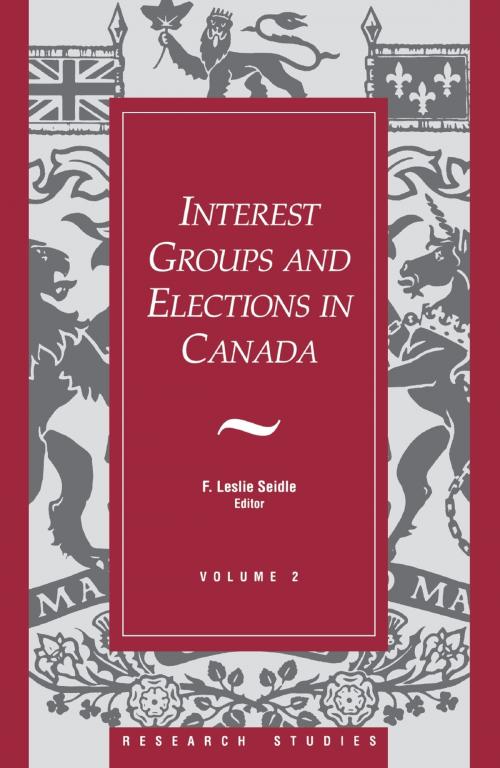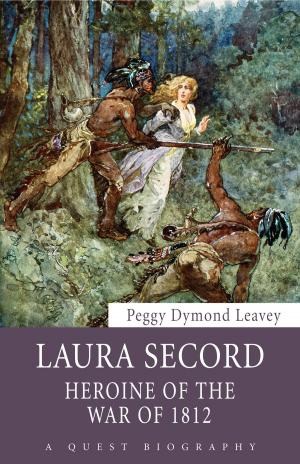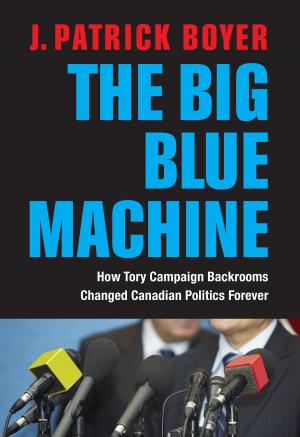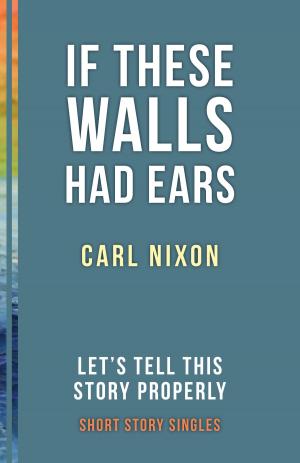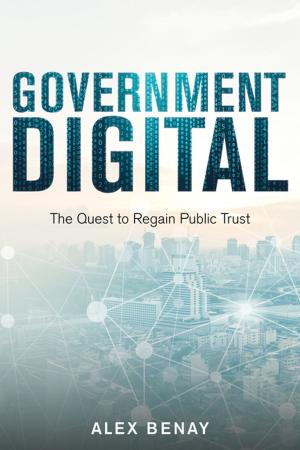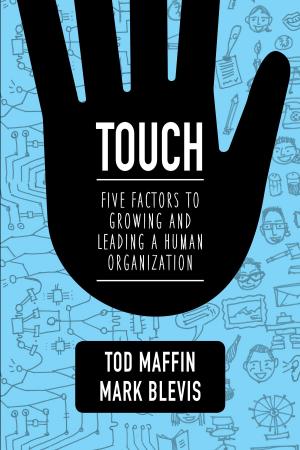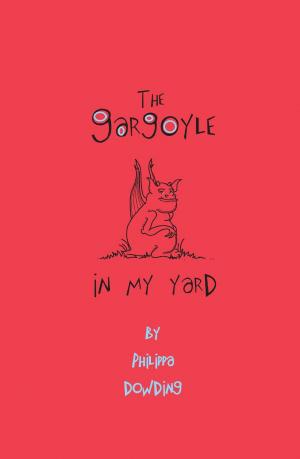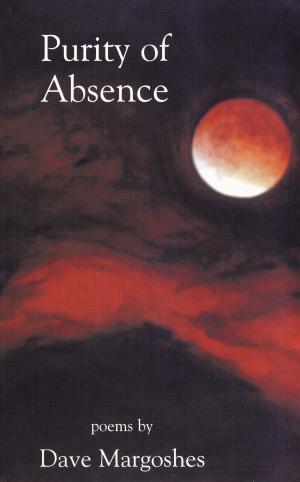Interest Groups and Elections in Canada
Volume 2
Nonfiction, History, Canada, Social & Cultural Studies, Political Science, Government, Elections| Author: | F. Leslie Seidle | ISBN: | 9781459719019 |
| Publisher: | Dundurn | Publication: | January 1, 1991 |
| Imprint: | Dundurn | Language: | English |
| Author: | F. Leslie Seidle |
| ISBN: | 9781459719019 |
| Publisher: | Dundurn |
| Publication: | January 1, 1991 |
| Imprint: | Dundurn |
| Language: | English |
The two studies in Interest Groups and Elections in Canada explore the nature and influence of special interest groups. They consider different aspects of the question, "In the context of the Canadian Charter of Rights and Freedoms, how can the laws intended to secure a fair electoral process be reconciled with freedom of expression?"
Janet Hiebert reviews the limits on interest groups adopted in 1974 and amended in 1983, profiles the groups involved int he 1988 federal election, and discusses relevant legislation and jurisprudence in the provinces and abroad. She concludes that spending limits for parties and candidates will only be effective if there are also restrictions on independent expenditures during elections by groups and individuals.
Brian Tanguay and Barry Kay assess the influence attributed to locally oriented interest groups, including by members of Parliament, and conclude that these organizations have less influence on the political process than is the popular view. The authors conclude that dissatisfaction is a key variable explaining the role of these interest groups and their activities during elections.
The two studies in Interest Groups and Elections in Canada explore the nature and influence of special interest groups. They consider different aspects of the question, "In the context of the Canadian Charter of Rights and Freedoms, how can the laws intended to secure a fair electoral process be reconciled with freedom of expression?"
Janet Hiebert reviews the limits on interest groups adopted in 1974 and amended in 1983, profiles the groups involved int he 1988 federal election, and discusses relevant legislation and jurisprudence in the provinces and abroad. She concludes that spending limits for parties and candidates will only be effective if there are also restrictions on independent expenditures during elections by groups and individuals.
Brian Tanguay and Barry Kay assess the influence attributed to locally oriented interest groups, including by members of Parliament, and conclude that these organizations have less influence on the political process than is the popular view. The authors conclude that dissatisfaction is a key variable explaining the role of these interest groups and their activities during elections.
